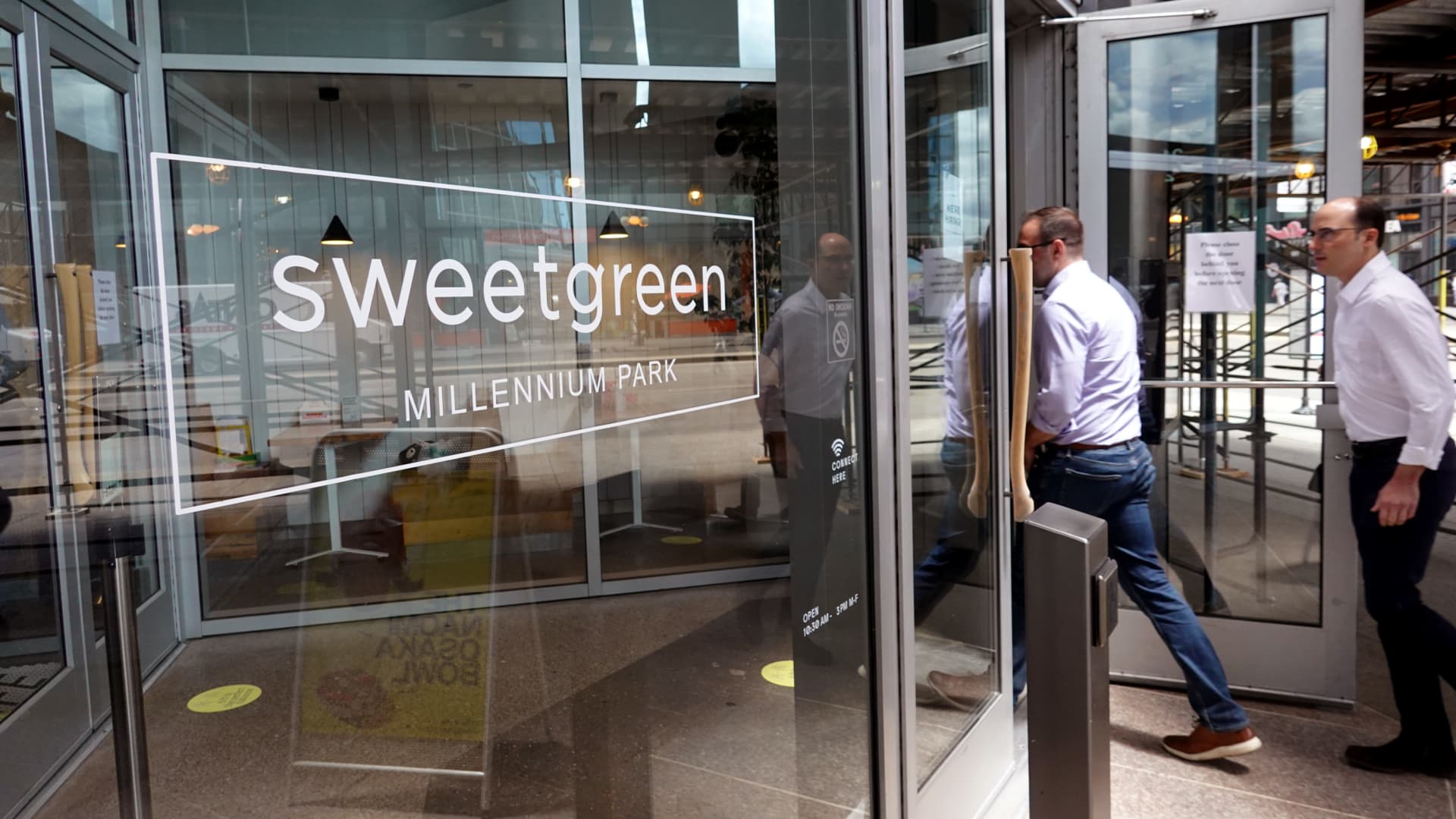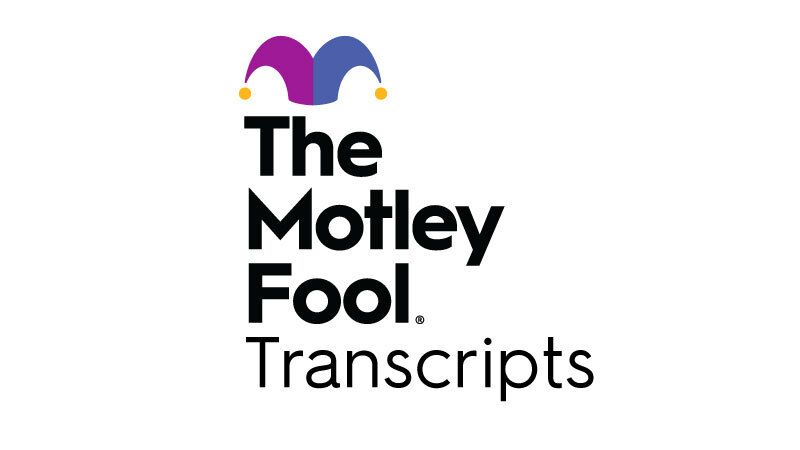Copyright CNBC

Fast-casual salad chain Sweetgreen is struggling as its traffic and sales continue to fall and it reports millions in losses each quarter. Its earnings worsened in its third quarter this year, as same-store sales declined 9.5% due in part to a 11.7% drop in foot traffic. Sweetgreen revolutionized the quick service industry after launching in 2007, proving that healthy food could be accessible and convenient. But the company still hasn't figured out how to turn a profit and investors are turning away; its share price has declined more than 80% this year. "I think investors are nervous about everything right now, including Sweetgreen," said Sharon Zackfia, the head of consumer equity research at William Blair. "They've clearly underperformed that general benchmark, though, and it's up to them to turn the ship around and get those same store sales into a place where investors start to pay attention again." Sweetgreen has been focusing on automation after it bought Spyce, a Boston restaurant company that developed robotic kitchen and conveyor belt technology, in 2021. Roughly 10% of Sweetgreen stores are fitted with the automated system, which Sweetgreen calls its "Infinite Kitchens," as of this month, according to Zackfia. It intended to make all its stores fully automated, but has abandoned that vision. Though Sweetgreen will continue to use the automated technology, it announced as it reported third-quarter earnings that it would sell Spyce for $186.4 million to virtual food hall company Wonder. Sweetgreen co-founder and CEO Jonathan Neman said on an earnings call that the move will allow it to "unlock greater scale, lower operating costs, and strengthen [its] financial foundation for the future." He added that the technology remains "central to Sweetgreen's future," yet the sale represents a big shift in strategy. The chain is still hoping to get to 1,000 locations by 2030 from around 266 now. It has no debt and plenty of cash, in part due to the $100 million it received from Wonder in the Spyce deal. Yet as Neman said during the company's second-quarter earnings, only a third of Sweetgreen locations are "consistently operating at or above standard." "Two-thirds of your units doing that certainly is an issue and a problem," said Joe Pawlak, managing principal at Technomic. "On the flip side, that means there's a lot of opportunity to improve." But whether investors will be willing to wait it out is another question. Watch this video to learn more.



